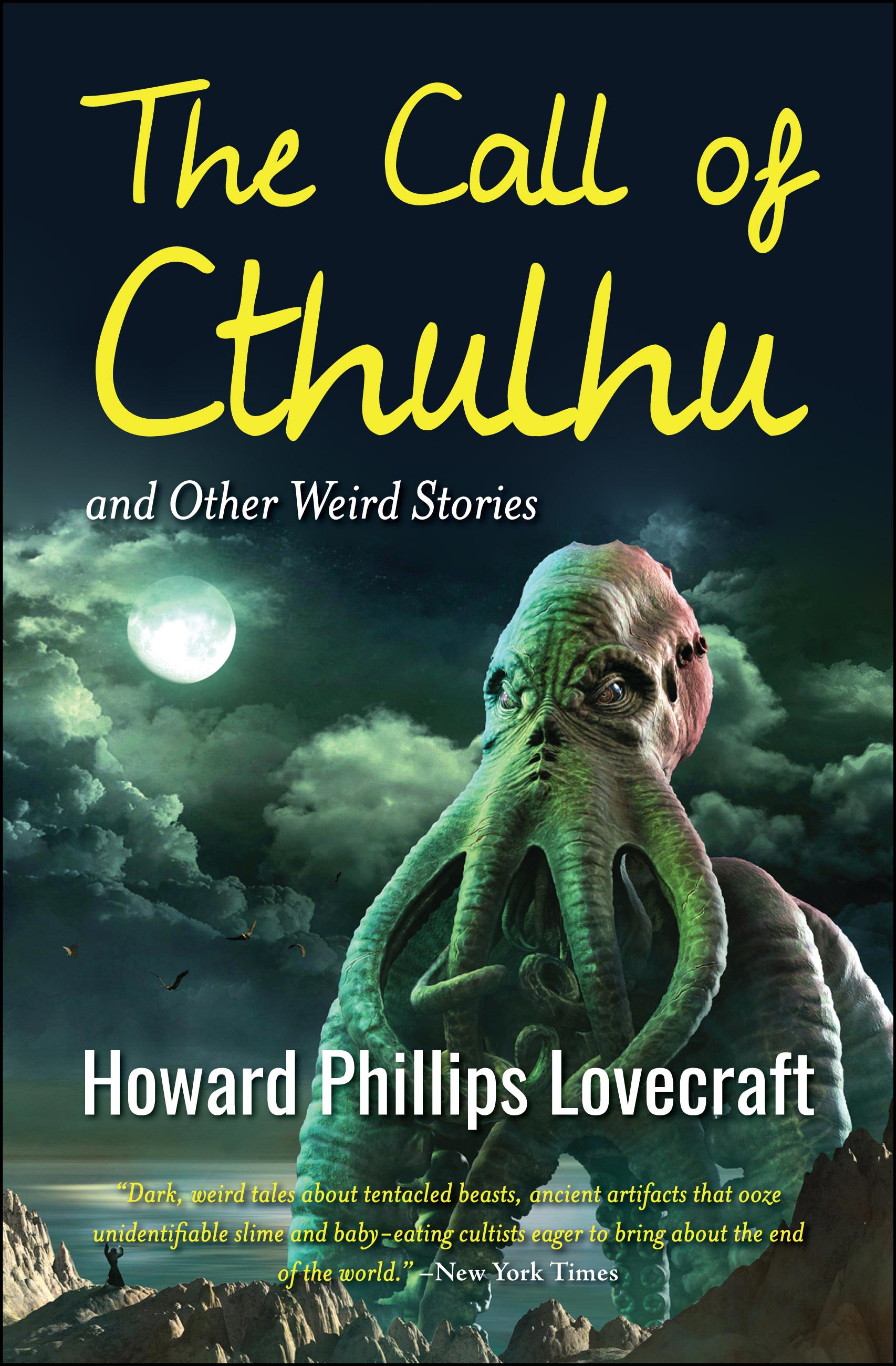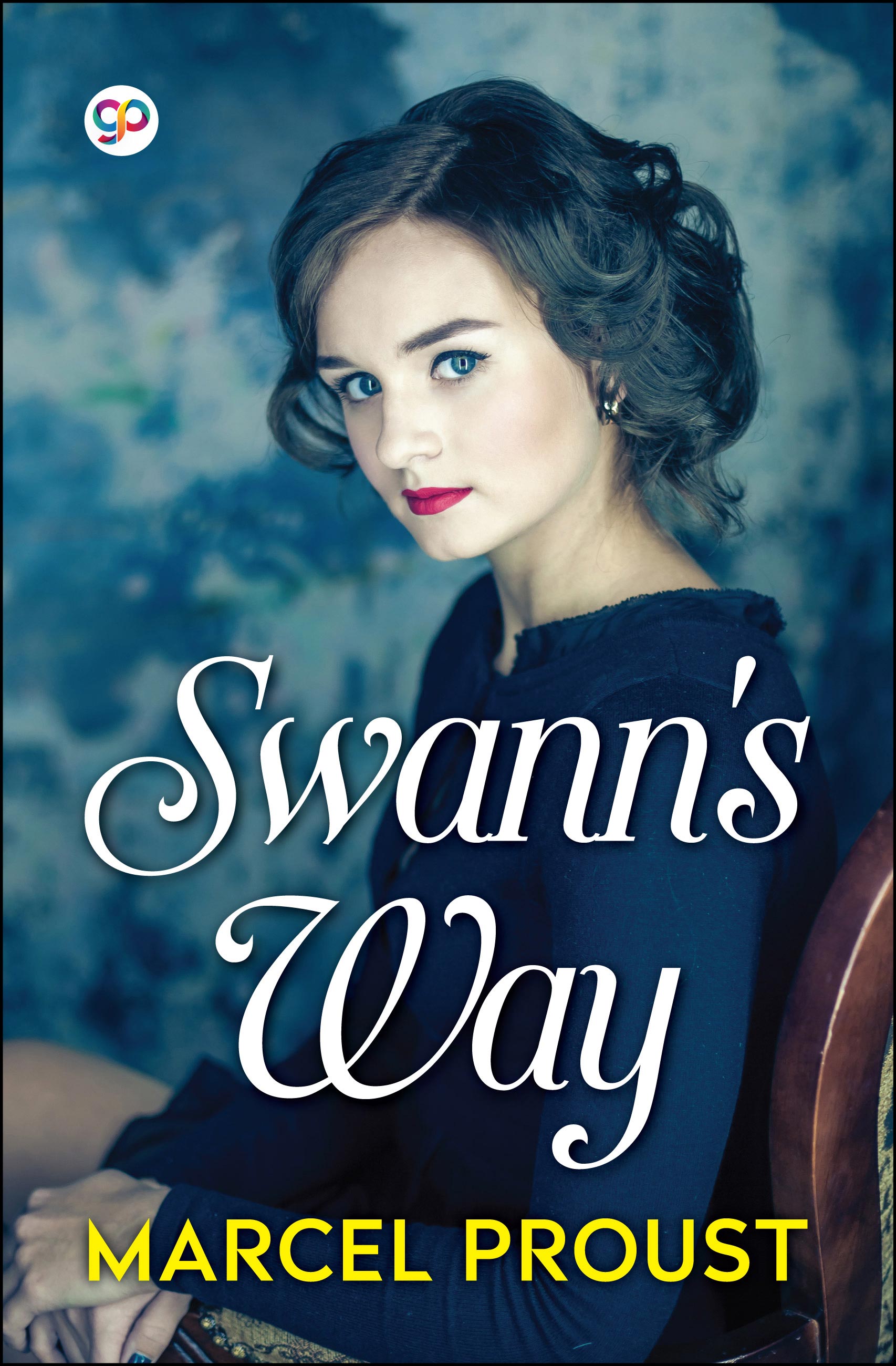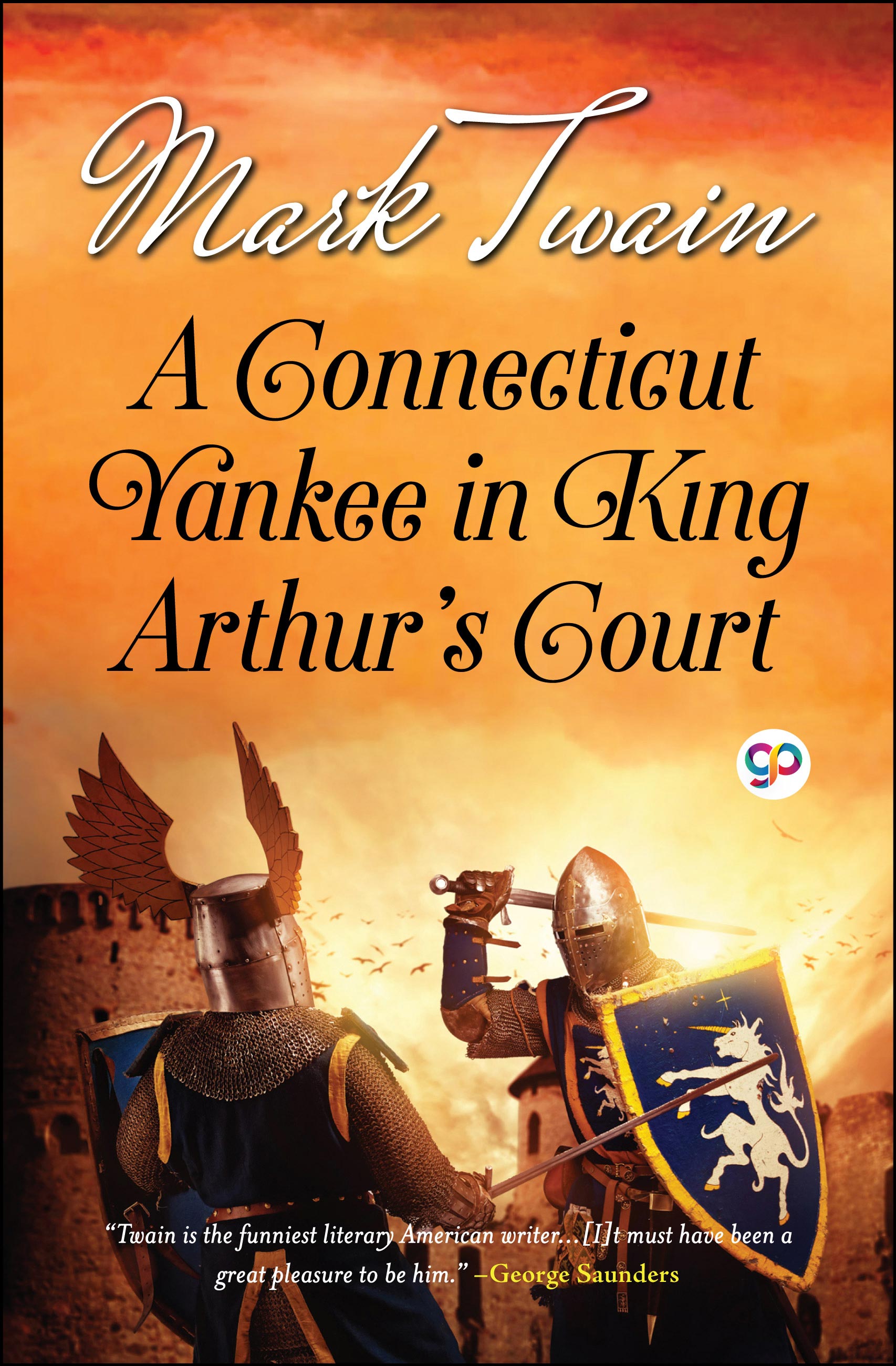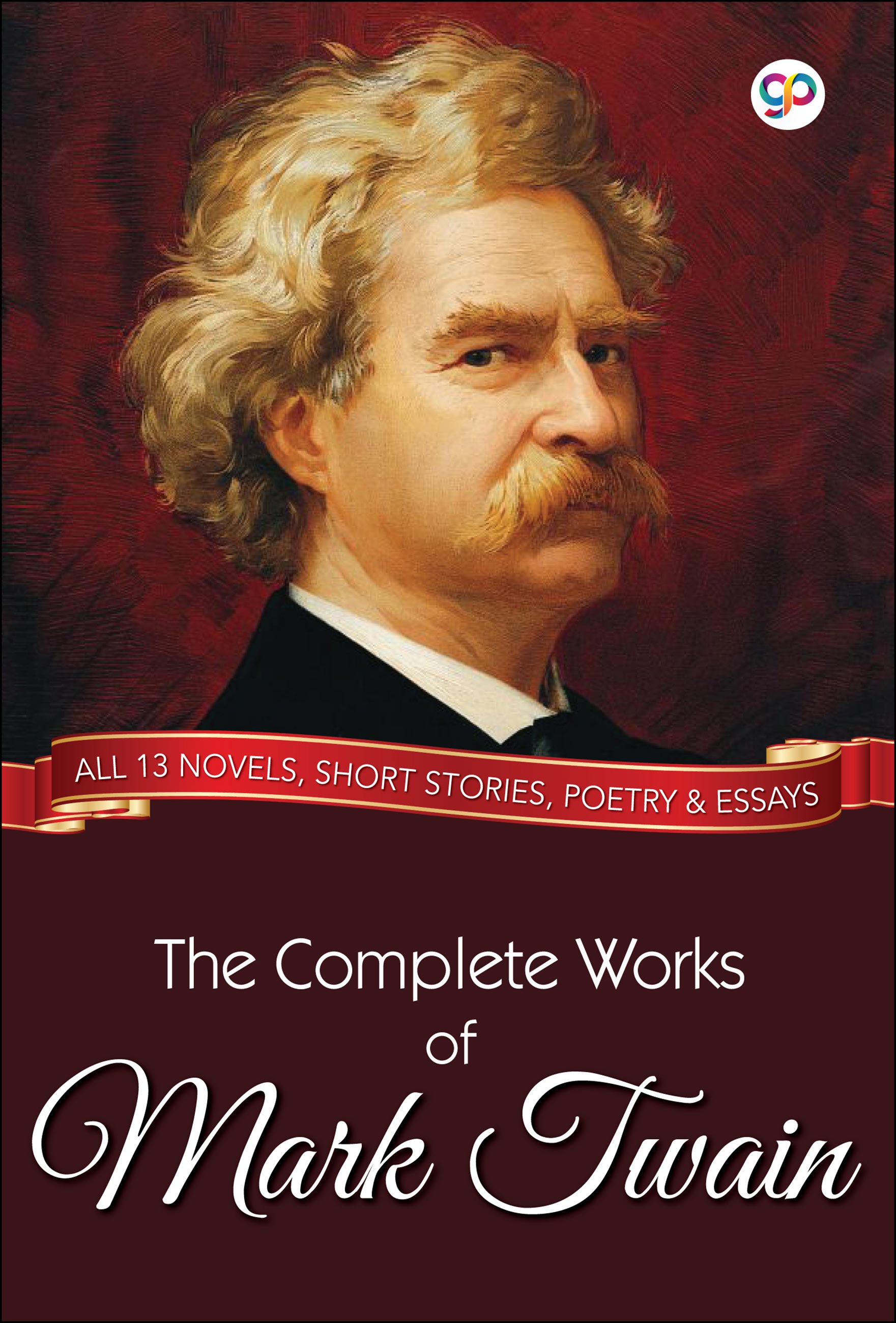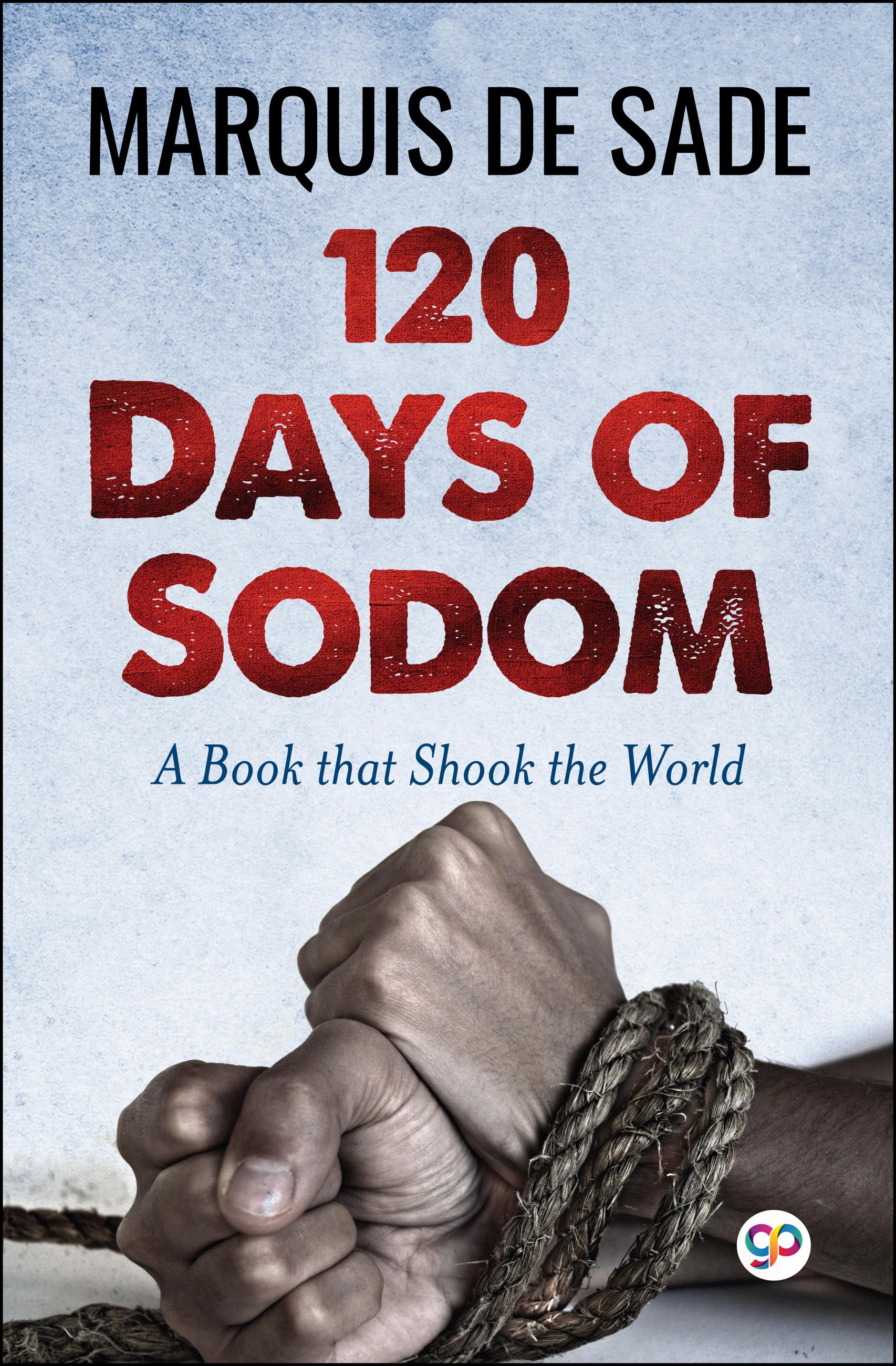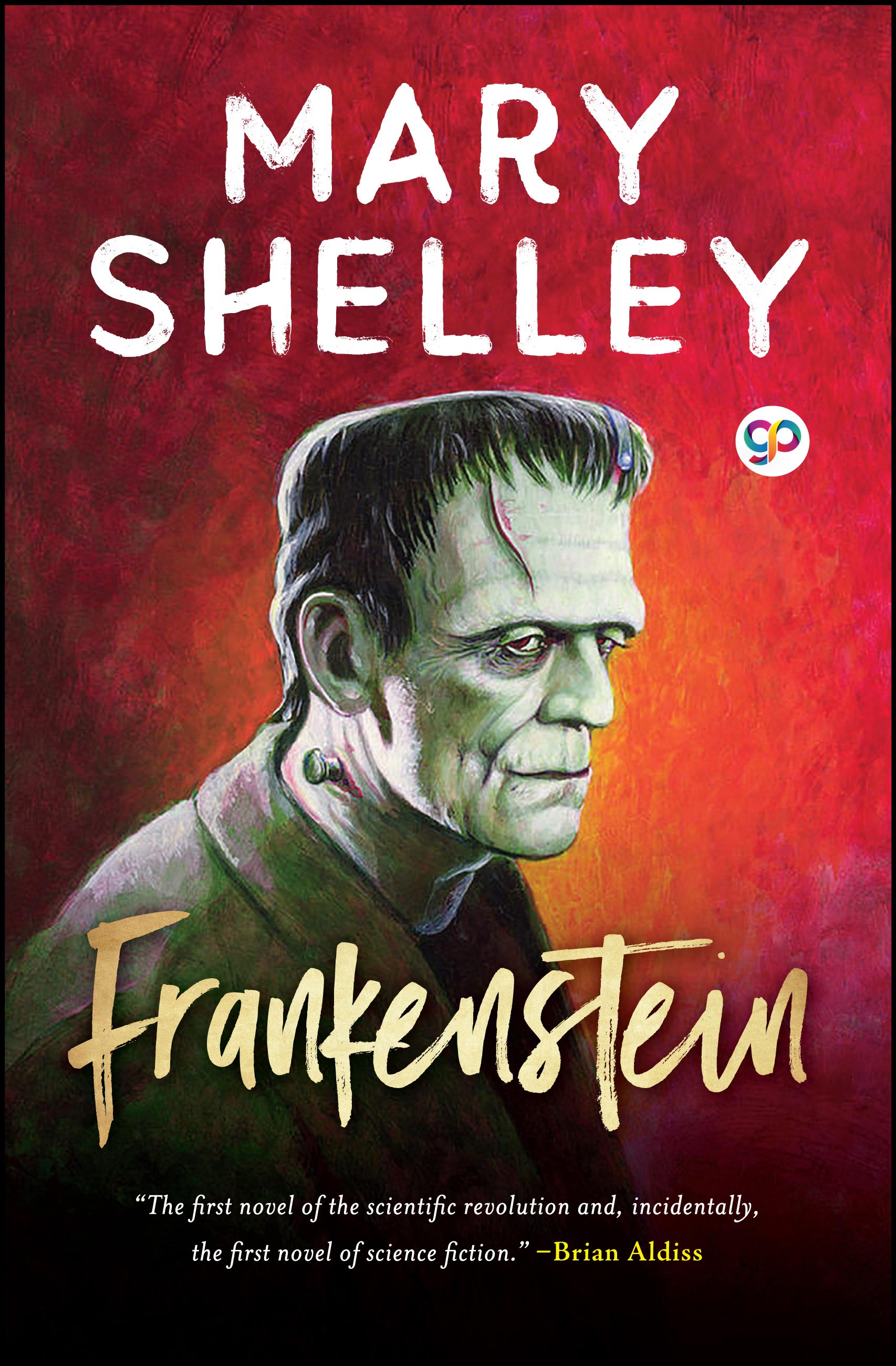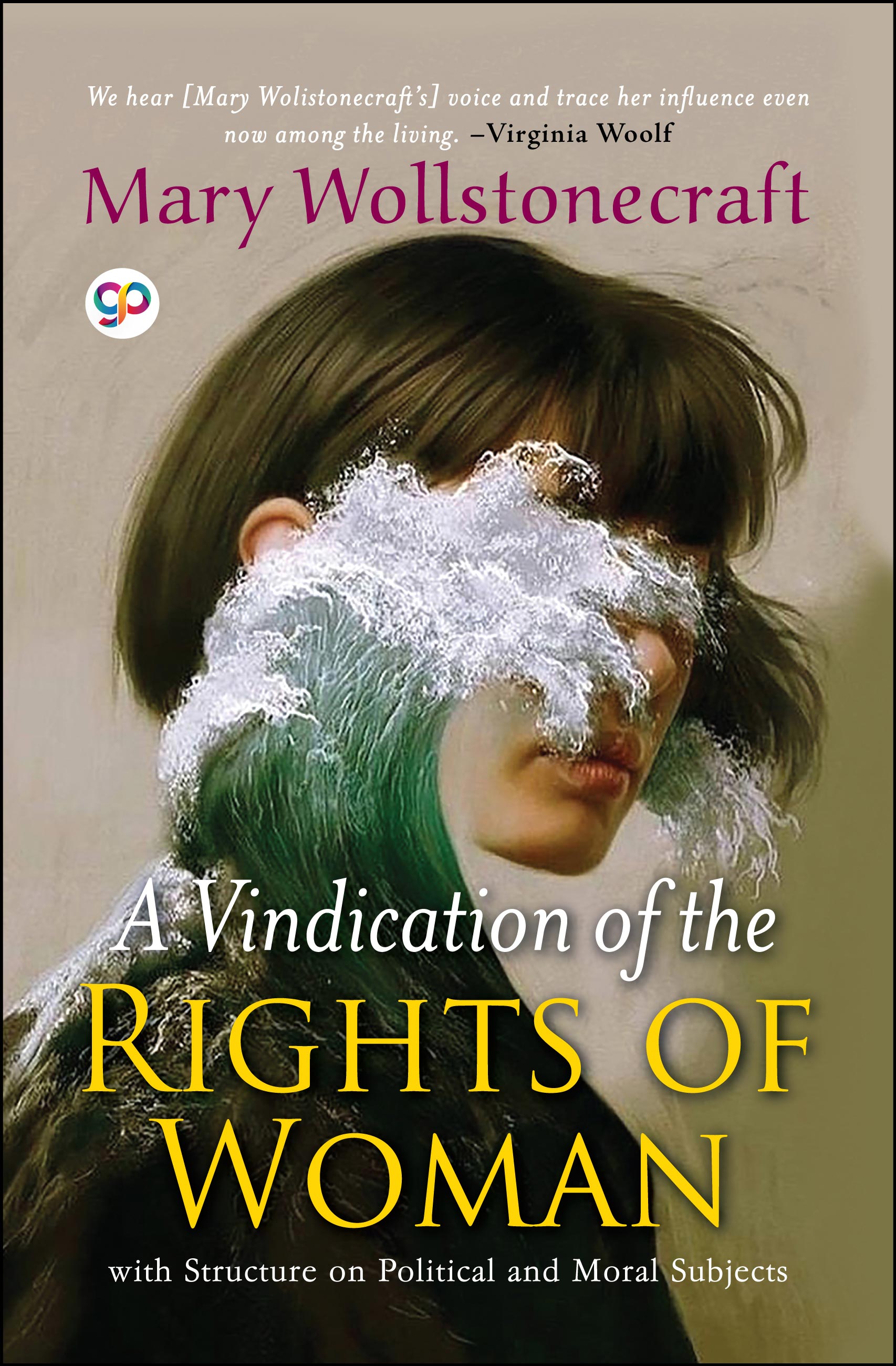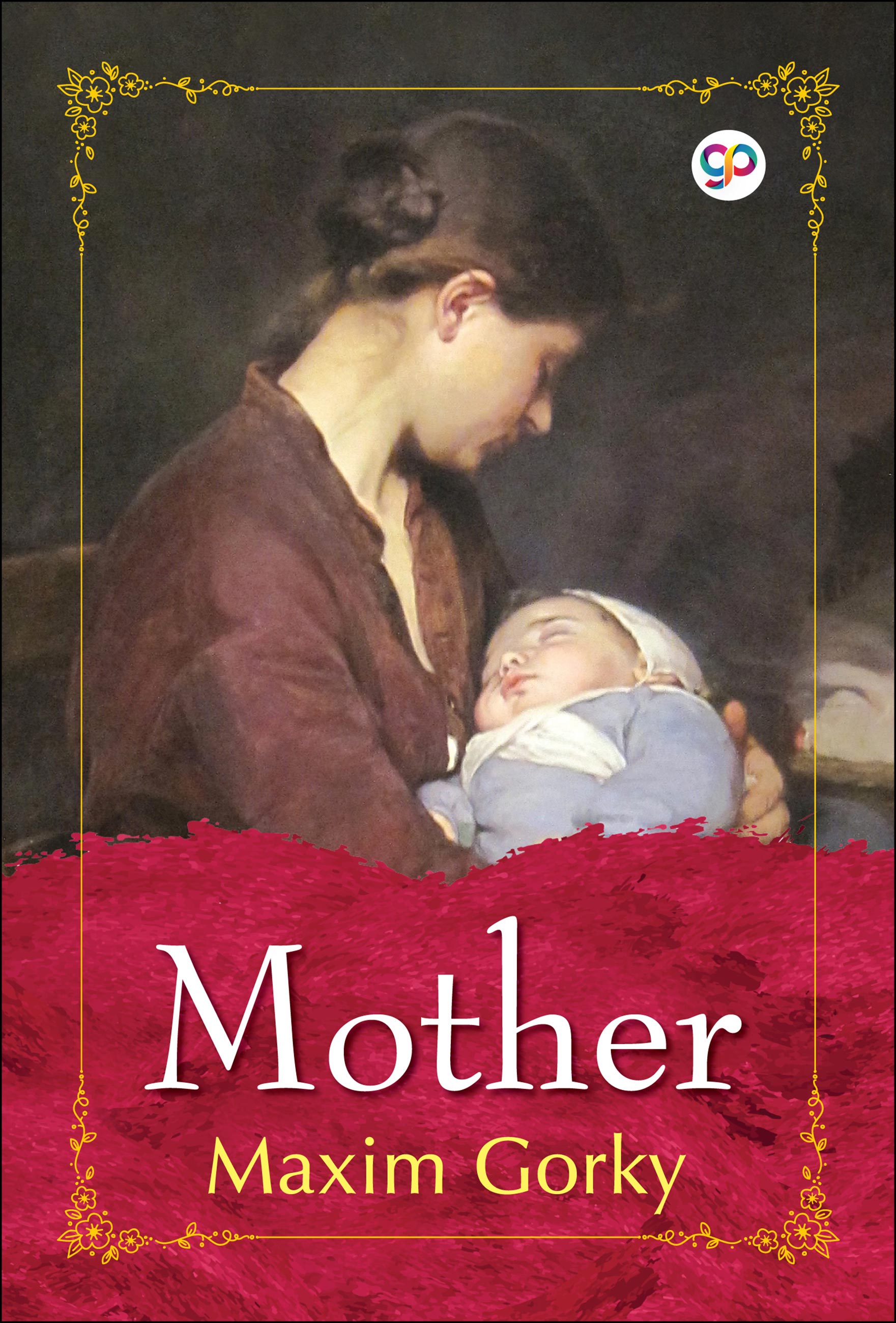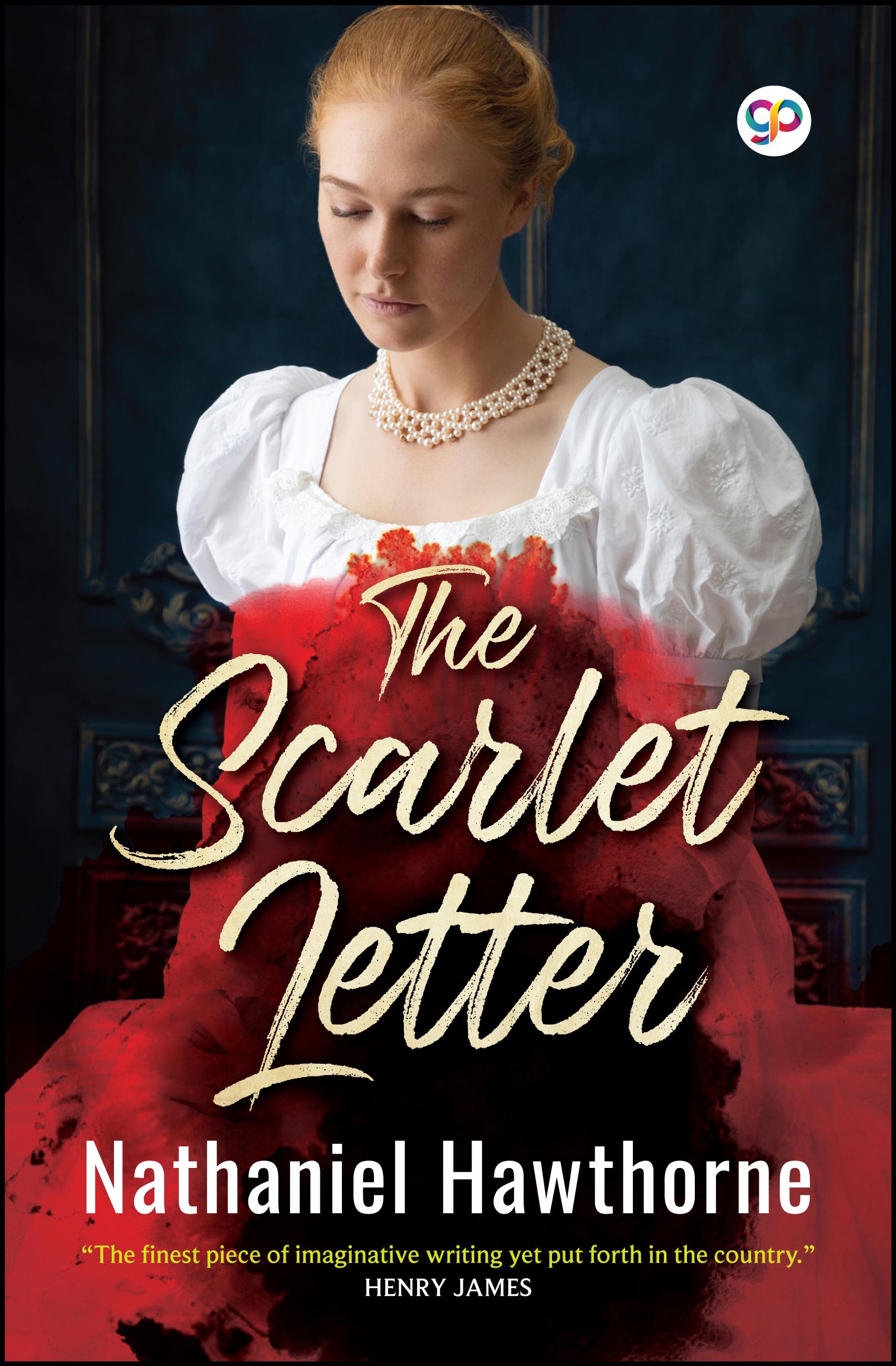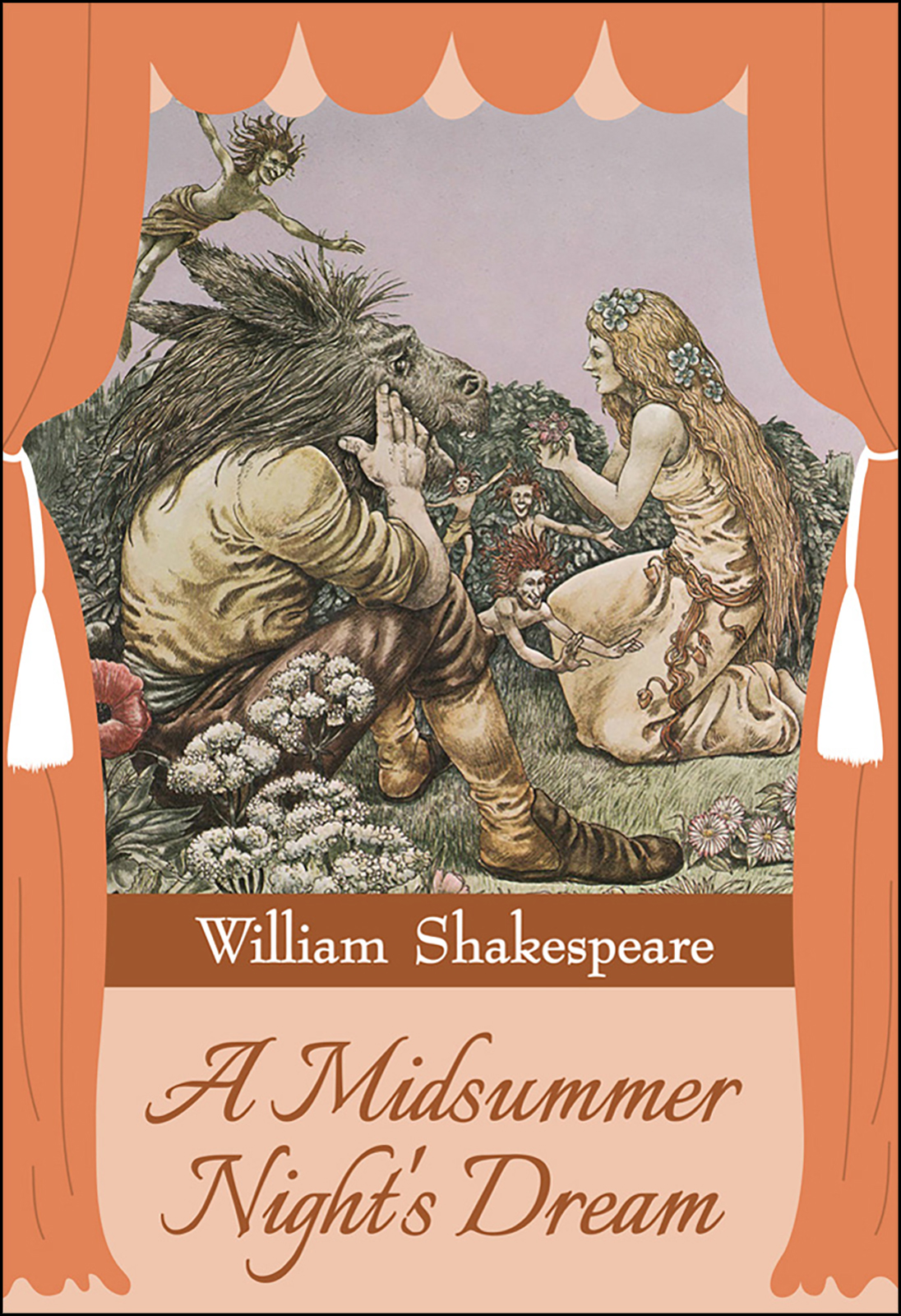
A Midsummer Night's Dream (Paperback)
Shakespeare's intertwined love polygons begin to get complicated from the start—Demetrius and Lysander both want Hermia but she only has eyes for Lysander. Bad news is, Hermia's father wants Demetrius for a son-in-law. On the outside is Helena, whose unreturned love burns hot for Demetrius. Hermia and Lysander plan to flee from the city under cover of darkness but are pursued by an enraged Demetrius (who is himself pursued by an enraptured Helena). In the forest, unbeknownst to the mortals, Oberon and Titania (King and Queen of the faeries) are having a spat over a servant boy. The plot twists up when Oberon's head mischief-maker, Puck, runs loose with a flower which causes people to fall in love with the first thing they see upon waking. Throw in a group of labourers preparing a play for the Duke's wedding (one of whom is given a donkey's head and Titania for a lover by Puck) and the complications become fantastically funny.
BEST SELLERS
About the Author
William Shakespeare (baptised 26 April 1564) was an English poet and playwright, widely regarded as the greatest writer in the English language and the world's pre-eminent dramatist. He is often called England's national poet and the 'Bard of Avon' (or simply "The Bard"). His surviving works consist of 37 plays, 154 sonnets, two long narrative poems, and several other poems. His plays have been translated into every major living language. Shakespeare was born and raised in Stratford-upon-Avon. Scholars believe that he died on his fifty-second birthday, coinciding with St George’s Day. At the age of 18 he married Anne Hathaway, who bore him three children: Susanna, twins Hamnet and Judith. Between 1585 and 1592 he began a successful career in London as an actor, writer, and part owner of the playing company the Lord Chamberlain's Men, later known as the King's Men. He appears to have retired to Stratford around 1613, where he died three years later. Shakespeare produced most of his known work between 1590 and 1613. His early plays were mainly comedies and histories, genres he raised to the peak of sophistication and artistry by the end of the sixteenth century. Next he wrote mainly tragedies until about 1608. He was a respected poet and playwright in his own day, but his reputation did not rise to its present heights until the nineteenth century. The Romantics, in particular, acclaimed Shakespeare's genius, and the Victorians hero-worshipped Shakespeare. In the twentieth century, his work was repeatedly adopted and rediscovered by new movements in scholarship and performance. His plays remain highly popular today and are consistently performed and reinterpreted in diverse cultural and political contexts throughout the world.
Read Sample
Act 1 Scene 1. The hall in the palace of Theseus, Duke of Athens. Enter THESEUS and HIPPOLYTA, followed by PHILOSTRATE and ATTENDANTS. THESEUS : Now, fair Hippolyta, our nuptial hour Draws on apace: four happy days bring in Another moon: but O, methinks how slow This old moon wanes! She lingers my desires, Like to a step-dame, or a dowager, Long withering out a young man’s revenue. HIPPOLYTA : Four days will quickly steep themselves in night: Four nights will quickly dream away the time: And then the moon, like to a silver bow New-bent in heaven, shall behold the night Of our solemnities. THESEUS : Go, Philostrate, Stir up the Athenian youth to merriments, Awake the pert and nimble spirit of mirth, Turn melancholy forth to funerals: The pale companion is not for our pomp. [Exit Philostrate. Hippolyta, I wooed thee with my sword, And won thy love, doing thee injuries; But I will wed thee in another key, With pomp, with triumph, and with revelling. Enter EGEUS and his daughter HERMIA, followed by LYSANDER and DEMETRIUS. EGEUS : Happy be Theseus, our renownèd duke! THESEUS : Thanks, good Egeus. What’s the news with thee? EGEUS : Full of vexation come I, with complaint Against my child, my daughter Hermia. Stand forth, Demetrius. My noble lord, This man hath my consent to marry her. Stand forth, Lysander. And, my gracious duke, This man hath bewitched the bosom of my child. Thou, thou, Lysander, thou hast given her rhymes, And interchanged love-tokens with my child; Thou hast, by moonlight, at her window sung, With feigning voice, verses of faining love, And stol’n the impression of her fantasy With bracelets of thy hair, rings, gauds, conceits, Knacks, trifles, nosegays, sweetmeats (messegers Of strong prevailment in unhardened youth). With cunning hast thou filched my daughter’s heart, Turned her obedience (which is due to me) To stubborn harshness. And, my gracious duke, Be it so she will not here, before your grace, Consent to marry with Demetrius, I beg the ancient privilege of Athens: As she is mine, I may dispose of her: Which shall be either to this gentleman, Or to her death: according to our law Immediately provided in that case. THESEUS : What say you, Hermia? Be advised, fair maid. To you, your father should be as a god: One that composed your beauties; yea, and one To whom you are but as a form in wax, By him imprinted, and within his power To leave the figure or disfigure it. Demetrius is a worthy gentleman. HERMIA : So is Lysander. THESEUS : In himself he is; But in this kind, wanting your father’s voice, The other must be held the worthier. HERMIA : I would my father looked but with my eyes. THESEUS : Rather your eyes must with his judgement look. HERMIA : I do entreat your grace to pardon me. I know not by what power I am made bold; Nor how it may concern my modesty In such a presence here to plead my thoughts: But I beseech your grace that I may know The worst that may befall me in this case, If I refuse to wed Demetrius. THESEUS : Either to die the death, or to abjure For ever the society of men. Therefore, fair Hermia, question your desires, Know of your youth, examine well your blood, Whether (if you yield not to your father’s choice) You can endure the livery of a nun, For aye to be in shady cloister mewed, To live a barren sister all your life, Chanting faint hymns to the cold fruitless moon. Thrice blessèd they that master so their blood To undergo such maiden pilgrimage; But earthlier happy is the rose distilled, Than that which, withering on the virgin thorn, Grows, lives and dies in single blessedness. HERMIA : So will I grow, so live, so die, my lord, Ere I will yield my virgin patent up Unto his lordship, whose unwishèd yoke My soul consents not to give sovereignty. THESEUS : Take time to pause, and by the next new moon – The sealing-day betwixt my love and me For everlasting bond of fellowship – Upon that day either prepare to die For disobedience to your father’s will, Or else to wed Demetrius, as he would, Or on Diana’s altar to protest, For aye, austerity and single life. DEMETR. : Relent, sweet Hermia; and, Lysander, yield Thy crazèd title to my certain right. LYSANDER : You have her father’s love, Demetrius; Let me have Hermia’s: do you marry him. EGEUS : Scornful Lysander! True, he hath my love; And what is mine my love shall render him. And she is mine, and all my right of her I do estate unto Demetrius. LYSANDER : I am, my lord, as well derived as he, As well possessed; my love is more than his; My fortunes every way as fairly ranked (If not with vantage) as Demetrius’; And which is more than all these boasts can be – I am beloved of beauteous Hermia. Why should not I then prosecute my right? Demetrius – I’ll avouch it to his head – Made love to Nedar’s daughter, Helena, And won her soul; and she (sweet lady) dotes, Devoutly dotes, dotes in idolatry, Upon this spotted and inconstant man. THESEUS : I must confess that I have heard so much, And with Demetrius thought to have spoke thereof; But, being over-full of self-affairs, My mind did lose it. But, Demetrius, come, And come, Egeus: you shall go with me: I have some private schooling for you both. For you, fair Hermia, look you arm yourself To fit your fancies to your father’s will; Or else the law of Athens yields you up (Which by no means we may extenuate) To death, or to a vow of single life. Come, my Hippolyta: what cheer, my love? Demetrius ad Egeus, go along: I must employ you in some business Against our nuptial, and confer with you Of something nearly that concerns yourselves. EGEUS : With duty and desire we follow you. [Exeunt all except Hermia and Lysander.

